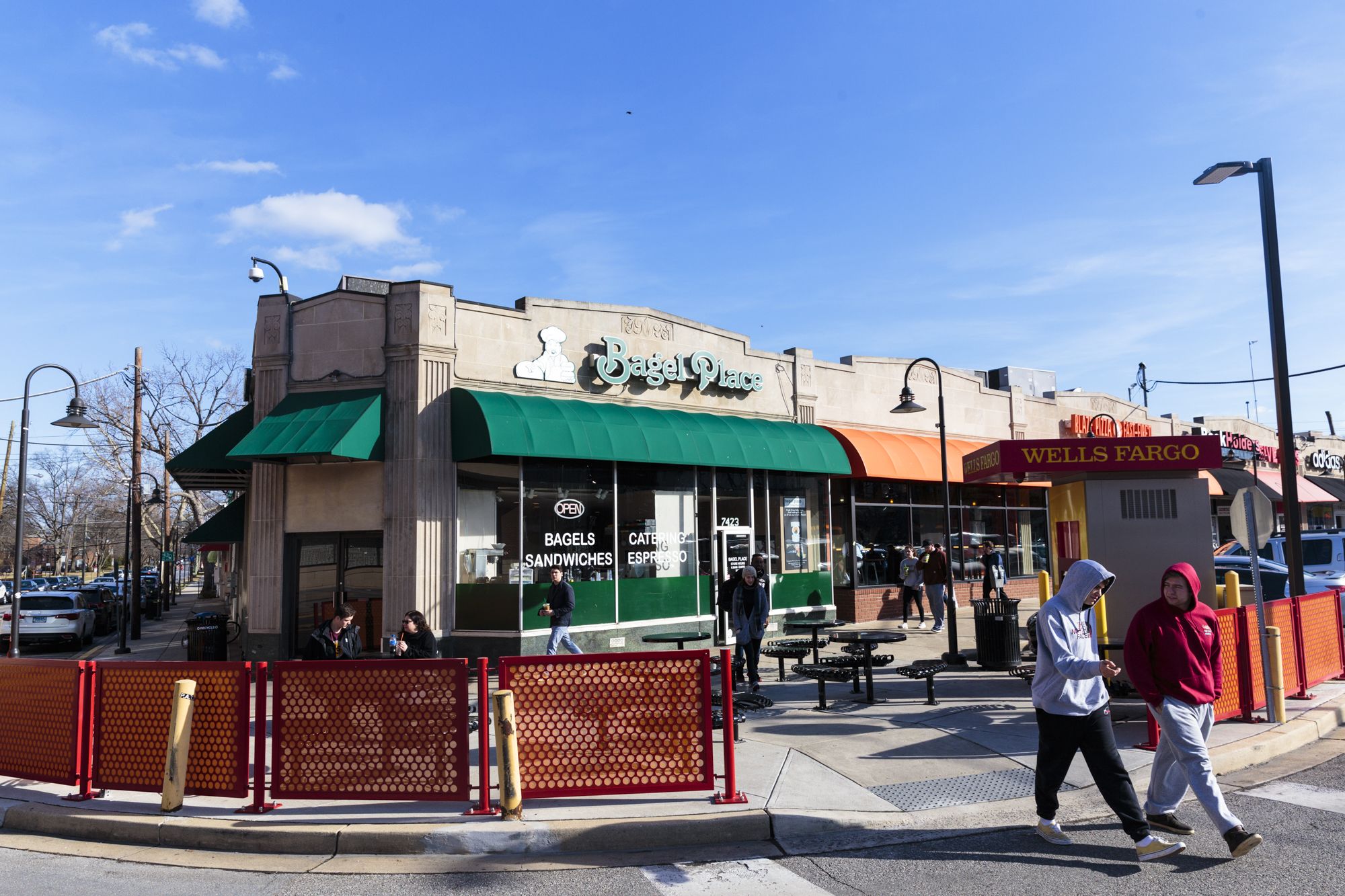Views expressed in opinion columns are the author’s own.
I, like many students, was devastated to hear that the beloved Bagel Place abruptly closed more than a week ago.
While I loved to experiment with different orders, I developed a “usual,” and looked forward to ordering it each time. One of my favorite things about going to Bagel Place was knowing that it was one of the few long-standing, student-favorite local businesses in College Park, with generations of Terps frequenting the spot during their time at this university.
But all that’s gone now.
Citing unsuccessful rent negotiations with their current landlord, Bagel Place suddenly closed their doors after more than 35 years in business. In their open letter to customers, the owners did leave the disclaimer that community pressure against their landlord could help Bagel Place survive, but that meaningful pushback has yet to be seen.
Although the sudden closure was a surprise to many, it is perhaps more indicative that this closure was developing over a long period of time, and is a product of a larger issue.
Yet, in addition to the COVID-19 pandemic, College Park has struggled to keep businesses for other reasons. It’s no secret that College Park is experiencing heavy development, leading to high rent prices, which are further exacerbated by complex zoning laws. Through all of this, larger corporations and development groups are having an easier time doing business in College Park, as small businesses reel. And when small businesses hurt, so does the campus community as a whole.
Without intervention, the city of College Park will eventually be full of chain restaurants, losing its authentic, college town appeal. In order to stop this, the city of College Park needs to do whatever it can to bring small businesses to the city — and keep them here.
Most importantly, businesses need to be confident there will be a prosperous economic future for them in the city.
In order for this to happen, the city of College Park will need to divert funds to specifically help local businesses and alleviate the increasing cost burdens they’re facing due to the incoming development. The city could lean on existing state programs, such as the Maryland Small Business Development Financing Authority, and help these local businesses through the application and funding acquisition process.
Alternatively, the city could create funds of its own to distribute to small businesses. This practice has been seen in other college towns, such as Berkeley, California, and Amherst, Massachusetts, to alleviate the effects of reduced student populations in the area during the pandemic.
Despite how it may feel, we are still in a pandemic, so it would not be outlandish for the city of College Park to distribute funds to help these businesses continue to weather the pandemic. The city could also offer other monetary incentives, such as tax breaks and microloans specifically aimed at assisting small business owners. Evidently, there are several mechanisms that could be used to preserve our small businesses.
Small businesses are more than simply local employers and economic stimulators. Small businesses help create memories, culture and shared experiences in communities. Especially for college students, small businesses frequently become some of the most appreciated parts of the college experience. College Park is not alone in its struggle to keep small businesses over the past two years, as many other college towns have had similar issues.
It’s no coincidence that generations of Terps have celebrated football and basketball wins at R.J. Bentley’s, and have grabbed a late-night meal from Marathon Deli. But without a concerted effort to bring and sustain small businesses in the city, College Park is going to lose some more of its local businesses to the point that it has no local flair. As time continues to tick, I can’t help but wonder: How many more businesses will have to close before we realize we have a problem?
Anthony Liberatori is a junior environmental science and economics major. He can be reached at alib1204@umd.edu.



